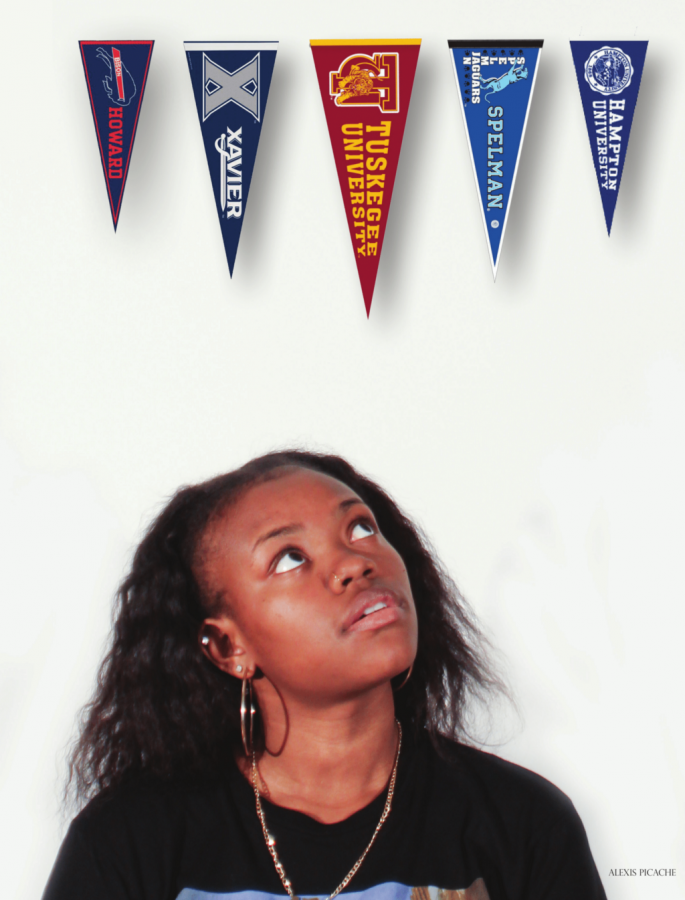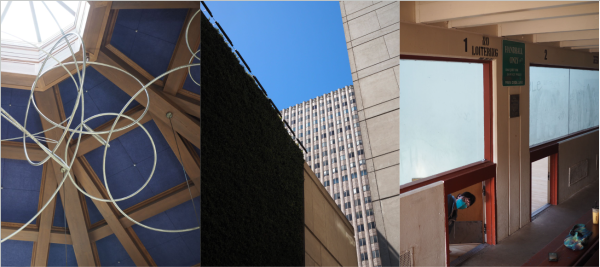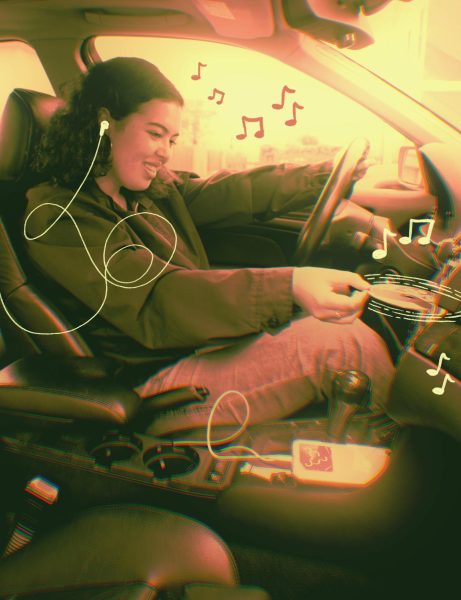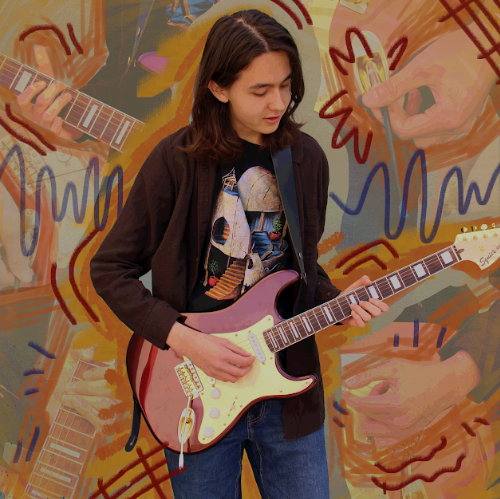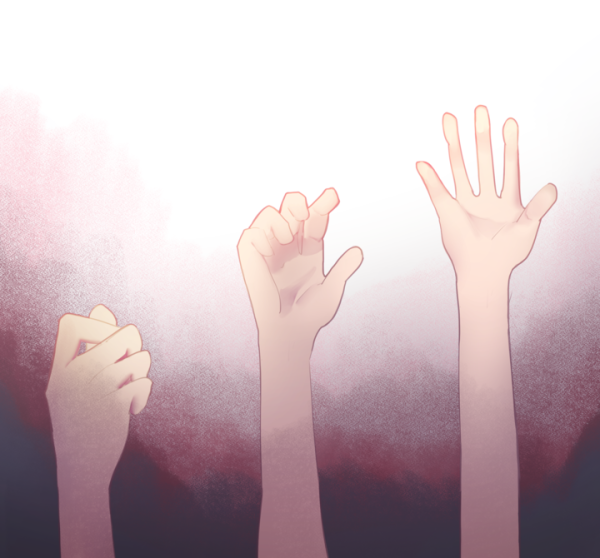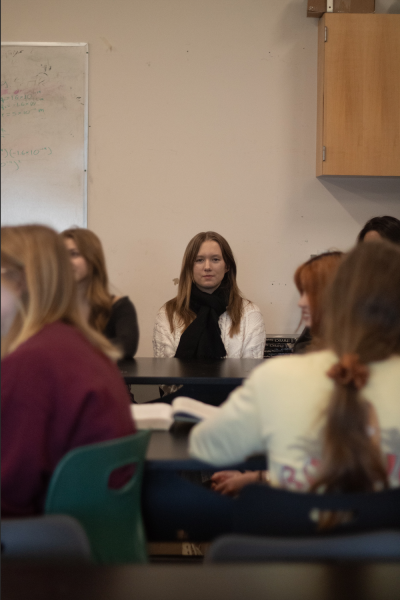HBCU-BOUND: Senior shares her thoughts about applying to Historically Black Colleges and…
Originally published on February 9, 2016
During freshman year, I survived my classes with my best friends Chrislyn and Sara, who helped me feel more comfortable because of our common backgrounds and interests. That year was one of the hardest tests that I had I’ve ever dealt with, because being one of the only black kids in my classes was something I couldn’t fathom. Coming from a middle school where all of my friends were from the same type of background as mine, I found it difficult transitioning into a large school like Lowell with few people like me ethnically. I distinctly remember noticing these cultural differences when the famous African-American singer Erykah Badu followed me on Twitter, and, after I excitedly told my friends, everyone was confused as to who she was. Evidently, most Lowell students did not have the same upbringing that I experienced with respects to with music, style and life.
Clearly, my attendance here at Lowell was not the most comfortable experience. Before high school, I consistently went to schools where the majority of students were either African American or Pacific Islander. After attending Lowell for three years, I miss seeing familiar faces with familiar experiences. This is why I feel that a HBCU will be the right choice for me for the next four years.
HBCUs were created right before the end of slavery specifically for the African American community. Almost every slave was denied the right to read and write at the time, so, in 1837, Quaker philanthropist Richard Humphreys decided to create Cheyney University. Little did Humphreys know, this development would soon lead to the creation of some of the most sought-after universities in America.
Being one of the only black kids in my classes was something I couldn’t fathom.
I will personally benefit from attending a HBCU because I want to learn more about my cultural background. Many African-Americans like me cannot identify exactly where we come from, so this could be an opportunity to get in touch with my roots. Furthermore, going to a HBCU will help open doors for me to do creative jobs like directing, acting, and dancing, for the universities have produced many famous alumni like Taraji P. Henson, star in the television show Empire and graduate from Howard University, Dr. Martin Luther King, a graduate of Morehouse College by the age of sixteen, and Oprah Winfrey, who graduated from Tennessee State University. HBCUs are also pretty small in terms of class size, so I will be sure to get lots of one-on-one help from my professors. At a HBCU, I will also encounter unique ac-
tivities to do — for example, HBCUs have unique dance teams like the Southern University Dancing Dolls that perform simultaneously with marching bands at major sports events.
While HBCUs are predominantly African-American, they also happen to be very diverse. The student body of Xavier University of Louisiana, for example, is 10.3 percent Asian, 4.1 percent White, and 2.7 percent Latino — and other HBCUs have similar demographics. With this type of environment, I will personally be able to explore my own cultural roots while still living amongst people with different backgrounds and worldviews.
I have so far applied to five HBCUs. The first one was Howard University in Washington D.C., founded in 1867, which offers a campus full of historical sites like the Founders Library, Douglas Hall, Carnegie Hall, Thirkield Hall, and the Tubman Quadrangle. Second, I applied to Spelman college — a women’s college in Atlanta — because of its unique connection with the all-male Morehouse College. Next, I applied to Hampton in Virginia, with over 100 student-run clubs and events that give each students ways to get involved with the campus. Then, I applied to Tuskegee in Alabama, which appeals to me because it created the Tuskegee airmen flight program, along with many other historic innovations. Finally, I applied to Xavier University in Louisiana because of the uniquely Creole culture of New Orleans.
Most Lowell students do not know much about Historically Black Colleges and Universities, but anyone can apply to them to help further their dreams. So, if you want to experience an environment that is different from what you may get at other schools, or even get back to a community that you are familiar with like I do, you should definitely apply to an HBCU to expand your options for your next steps in life.


